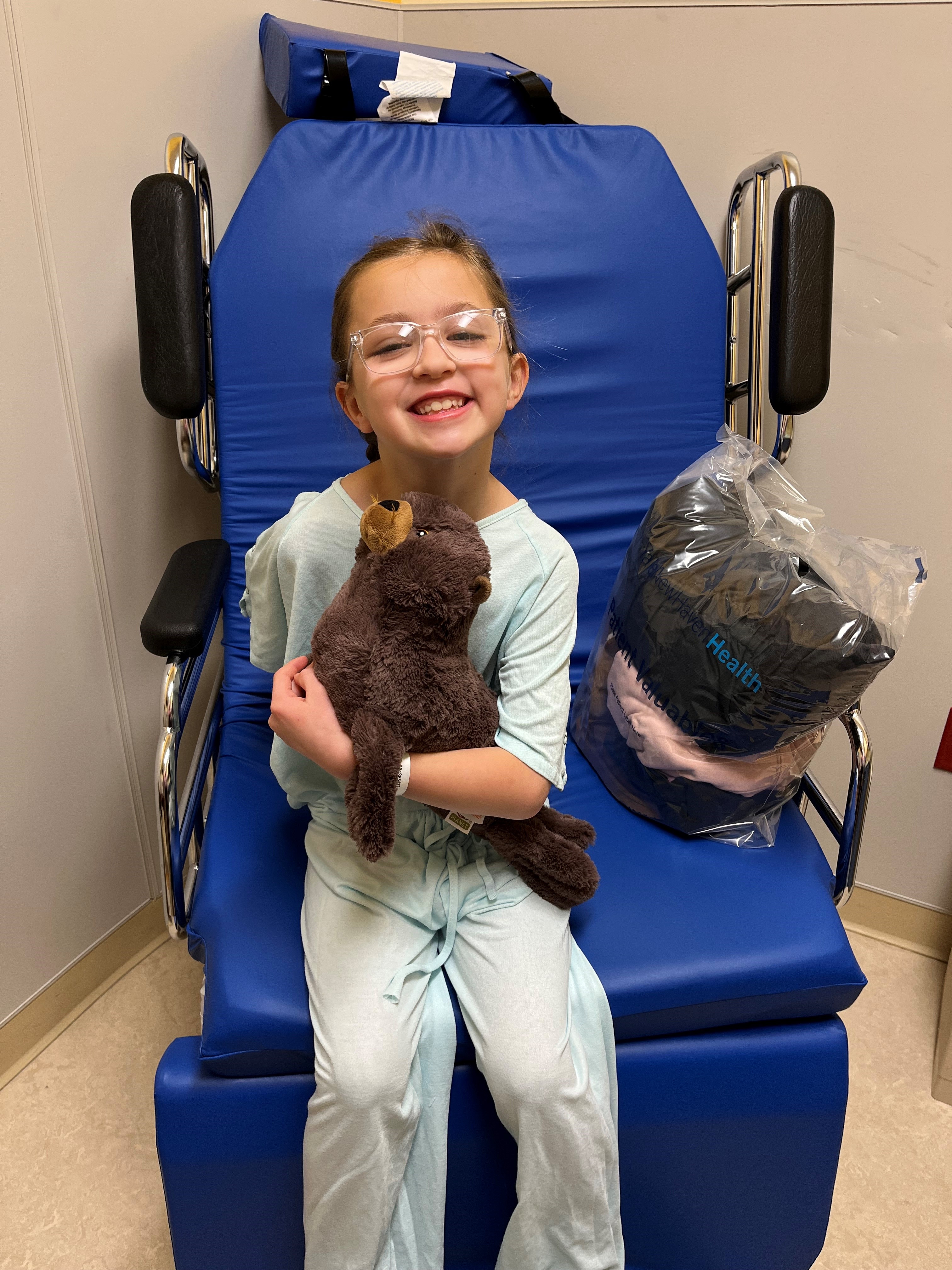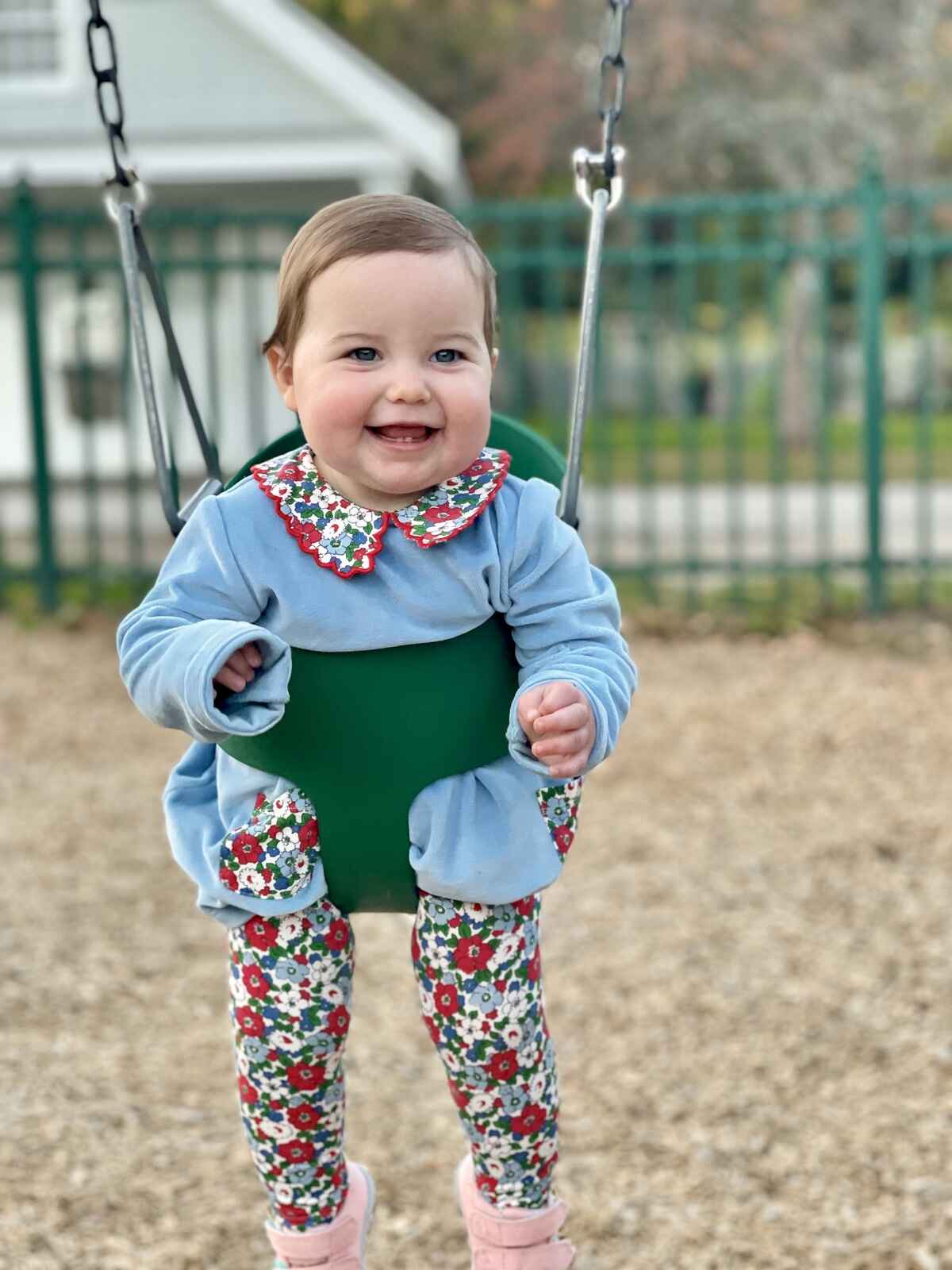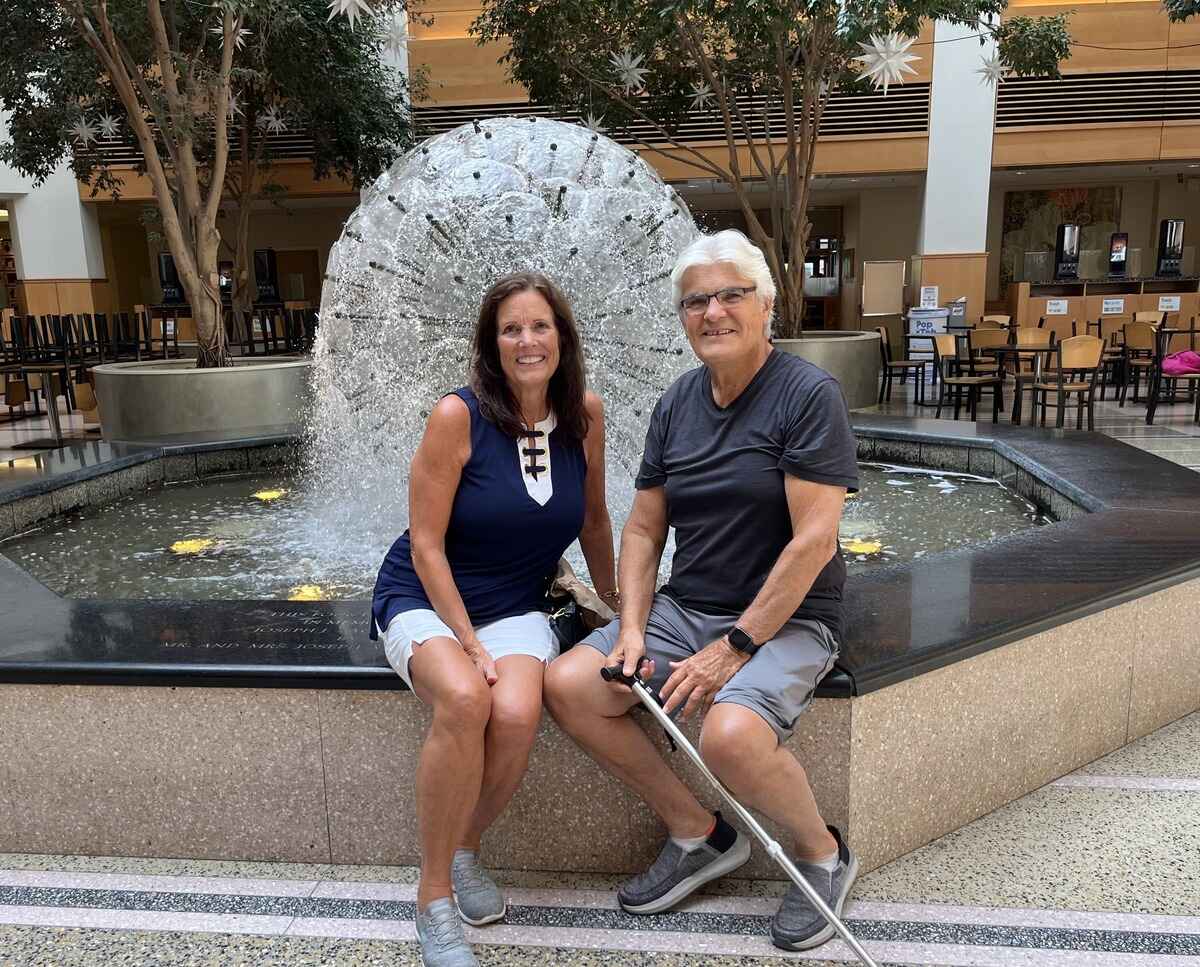
After 41 years of continuous employment, I retired at the end of December 2018. I was looking forward to a less frenetic pace of life. My husband had helped me on my work journey, but I felt that it was time to spend more time with him, my two sons, my daughter-in-law, and my three grandchildren. I also wanted to do some traveling abroad for fun. However, three months after I retired, my world changed dramatically. It was a beautiful sunny day. I had an appointment for a routine mammogram that day. I was not really worried about a diagnosis of cancer. All I was concerned about was the discomfort of having this procedure which I had avoided for more than 25 years, because I had always worried about a false positive.
The radiologist appeared to be very worried when he met with me following the mammogram and ultrasound. He said that I should be seen by an oncologist as soon as possible. If not, the consequences for me would be very bad. I was in denial when I spoke to my primary care doctor. I wanted to wait 6 months, then have another mammogram. My doctor very emphatically said, “Absolutely not!” She arranged for me to be seen by oncologists at Smilow Cancer Hospital in New Haven, Connecticut, the premier cancer treatment center located only a 20-minute drive from our house.
My husband and younger son accompanied me when I met with the oncologists. I followed the gist of what they were saying. They seemed very concerned. I found that meeting overwhelming. My son remembered a lot more from that meeting than I did. Before sitting down for the meeting, the surgical oncologist did a punch biopsy of the skin of my left breast. A couple of weeks later I met with the medical oncologist who informed me that the skin biopsy was negative for cancer. That was a huge relief. Mind you, it did not mean that I did not have cancer, just that I did not have the most malignant form of breast cancer.
Following a CT scan of my body the doctors found that there were possibly additional tumors in my chest and near the left side of my neck. These were then confirmed by PET scan to be affected mediastinal and hilar lymph nodes as well as the left supraclavicular lymph node. These were thought to be metastases. Once additional tumors were found my diagnosis went from locally advanced cancer to stage 4 cancer which has a 5-year survival rate of approximately 20%. My cancer was determined to be triple positive, namely Estrogen Receptor (ER) positive, Progesterone Receptor (PR) positive, and HER 2 Receptor positive. My oncologist explained that this was an aggressive type of breast cancer, and the treatment was equally aggressive.
After being given this diagnosis and prognosis I never asked the question “Why me?” Rather, my question was “Why not me?” Since breast cancer is one of the most commonly occurring cancers in women from the point of view of a statistician, the question, "Why not me?" seemed plausible. Having said that, for most of us it is a bit of a shock when we receive a cancer diagnosis. It is OK to admit that. After all, we are only human.
Managing my cancer and just keeping myself alive became a full-time 24/7 job. For all admiring comments I received about strength, patience, perseverance and overall resilience, credit goes to my support team, both at home (family and friends) and at Smilow Cancer Hospital. Empathy needs to flow from the patient to the support team and from the support team to patient. My husband, two sons, daughter-in-law, and three grandchildren all helped me to keep my focus on the prize – the ability to spend more years with them and see my grandchildren grow up. My husband has done most of the heavy lifting in providing the physical care I have needed, from cooking meals for me, doing the laundry, helping with showers and dressing, and encouraging me. My younger son, who lives with us in Connecticut, also assisted me with physical tasks that were difficult for me and kept me company on long, hard days. My husband and our younger son shared the responsibility of driving me to over 200 appointments all while taking care of their own daily responsibilities. My older son and his wife who live in Brooklyn have also been very supportive. In the early days before starting treatment, I remember having a conversation with my older son and daughter-in-law. As soon as I mentioned my chemotherapy regimen, they expressed concern about the deterioration in quality of life that I would be facing. Indeed, after I began my treatments, I suffered a great deal from the side effects of the aggressive treatment. When I was having a multitude of problems that included eating, sleeping, pain, as well as emotional problems, I received help that I desperately needed from the Palliative Care Program at Smilow. I was surprised by that since I thought that palliative care was end stage care, but I learned that Palliative Care helps you manage side effects and tolerate treatment better at any stage in the illness.
I was referred to Palliative Care when my peripheral neuropathy made it hard for me to sleep due to unrelenting neuropathic pain in my feet. My brain had found a way to torture me especially during the night. I had a continuous feeling of being zapped that was not conducive to sleep. The Palliative Care team prescribed Lyrica, which helped calm my brain down, which allowed me to sleep and move about my day again. Even though I still had pain, my brain was coping much better with this pain. Over time, with the help of diet and physical therapy, the pain also became more tolerable.
As treatments continued, my husband asked my oncologist at one of my visits about how long I will need treatment. When she replied, “Your wife will be treated for the rest of her life," he was shocked by the answer. It sounded to us like cancer was more like a chronic disease, but we were in denial. It was hard to accept what this meant - that my life would more likely than not be shortened. After a couple of aggressive regimens, I told her that I did not want any of these drugs due to their effect on my quality of life. She then decided to replace the chemotherapy infusion with an oral chemotherapy and keep the two targeted treatments. This was a much more tolerable regimen. My husband was sad that I was making choices that might help with quality of life but may make me less able to fight the cancer. He felt that I should have listened to my oncologist who is the cancer expert. I explained to him that although she is the disease expert, I had to advocate for myself. After all, she could not assess what I could tolerate. Only I could do that. I was the best judge of what I was able to tolerate and not my oncologist. My husband reluctantly accepted my choice and that is when I began advocating for myself.
Even though imaging was showing that the two lesions in the breast had disappeared, repeat PET scans showed that the supraclavicular lymph nodes and the mediastinal lymph nodes were not getting smaller, they were increasing in size. My oncologist was very puzzled by this development and decided to do a biopsy of the supraclavicular lymph node. Little did we know there was a real surprise waiting for us. What looked like metastases on the PET scan were not actually metastases, but instead were sarcoidosis. A recent publication in Respiratory Medicine Case Reports (2022) discussed three cases of breast cancer associated with sarcoidosis, a rare autoimmune disease, all of them diagnosed within one year suggesting that this is not as rare as was originally thought. The authors of the study are based in India. All patients like me were of Indian origin. With this new discovery, my cancer diagnosis went from stage 4 back to locally advanced cancer; my prognosis went from incurable to curable.
At this time, an appointment was scheduled with my surgical oncologist. She recommended left breast mastectomy followed by under arm lymph node dissection (20 lymph nodes were removed). When my friend asked me what it felt like to lose a breast, I told her that I was surprised at myself for not getting as upset as I thought I would be. If I was dressed, in pictures I looked the same. Even though my body had changed so much, I could look at a picture of myself and see my same face smiling back at me. I did not even opt for reconstruction. It was a price that I was willing to pay for additional years of life.
After the mastectomy was performed, it was determined that I was cancer free. However, treatment continued for another few months to make sure all the cancer cells were gone. This was followed by radiation treatment. My radiation oncologist thought that an EBUS Bronchoscopy to check out the mediastinal lymph nodes for malignancy should be performed. After all, no biopsy had been performed at this site. I had the EBUS procedure that incorporated a biopsy and this one was also negative for cancer. Once my radiation treatment was completed, my outpatient cancer treatment days were over. Finishing this treatment was an amazing feeling. I felt like I had won the lottery. I could look forward to spending my retirement doing all the things I had planned to do and in general enjoy life again. I must continue to take an oral chemotherapy daily for 5-10 years, but I am no longer running back and forth from the hospital for long days of treatments.
I turned to professional psychotherapy which I did not initially think would be that helpful. I was wrong. In psychotherapy I realized that I saw myself as a cancer patient and nothing else. My 41-year career had receded in the mirror, and I felt that being a patient was my only job now. My therapist told me, “You are still the person who until the end of 2018 was a career professional."
In addition to palliative care resources, psychotherapy, friends, family, and home caregivers, who all helped me make it through, I drew upon my faith every day. My mother taught me a great deal about our Hindu faith. She taught me to be humble and compassionate, and at an early age, my mother took me to see Anandamayi Ma, an Indian sage who was my mother’s Guru (spiritual teacher). Anandamayi Ma’s influence on me is immeasurable. Her teachings really resonated with me.
I look at the combination of inner strength (willpower, self-discipline, and staying power) and faith in one’s own capabilities powered by one’s spiritual and religious beliefs as the most effective way of dealing with adversity. I often prayed to Anandamayi Ma and my own mother who passed away in 2002 to help me through my darkest hours. Prayers not only calmed me down when anxiety about my future was getting the better of me, but they also helped me invoke higher powers. I encourage you to reach out for help, connect with palliative care, family, friends, therapists, and your higher power. Find what gets you through. We all have different needs. That is why it is important to seek out those that can help you the most when you need it the most.
I hope that my journey and insights can help others get through the toughest part of the journey. As I went through cancer treatment, I learned to become my own advocate. Now I would like to advocate for others dealing with breast cancer. I consider this writing the start of advocacy work that I would like to do in the future.
I am in a much better place now. In my spare time these days, I enjoy going for walks, reading books in print, listening to audiobooks/music, watching movies and shows on TV via streaming. My plans include traveling, writing about my childhood/early adulthood in India followed by my life in Canada and our move from Canada to the US. I have some artistic pursuits in mind such as continuing to improve my pencil drawing skills and learning to paint, and breast cancer advocacy will always remain an important goal for me going forward.




